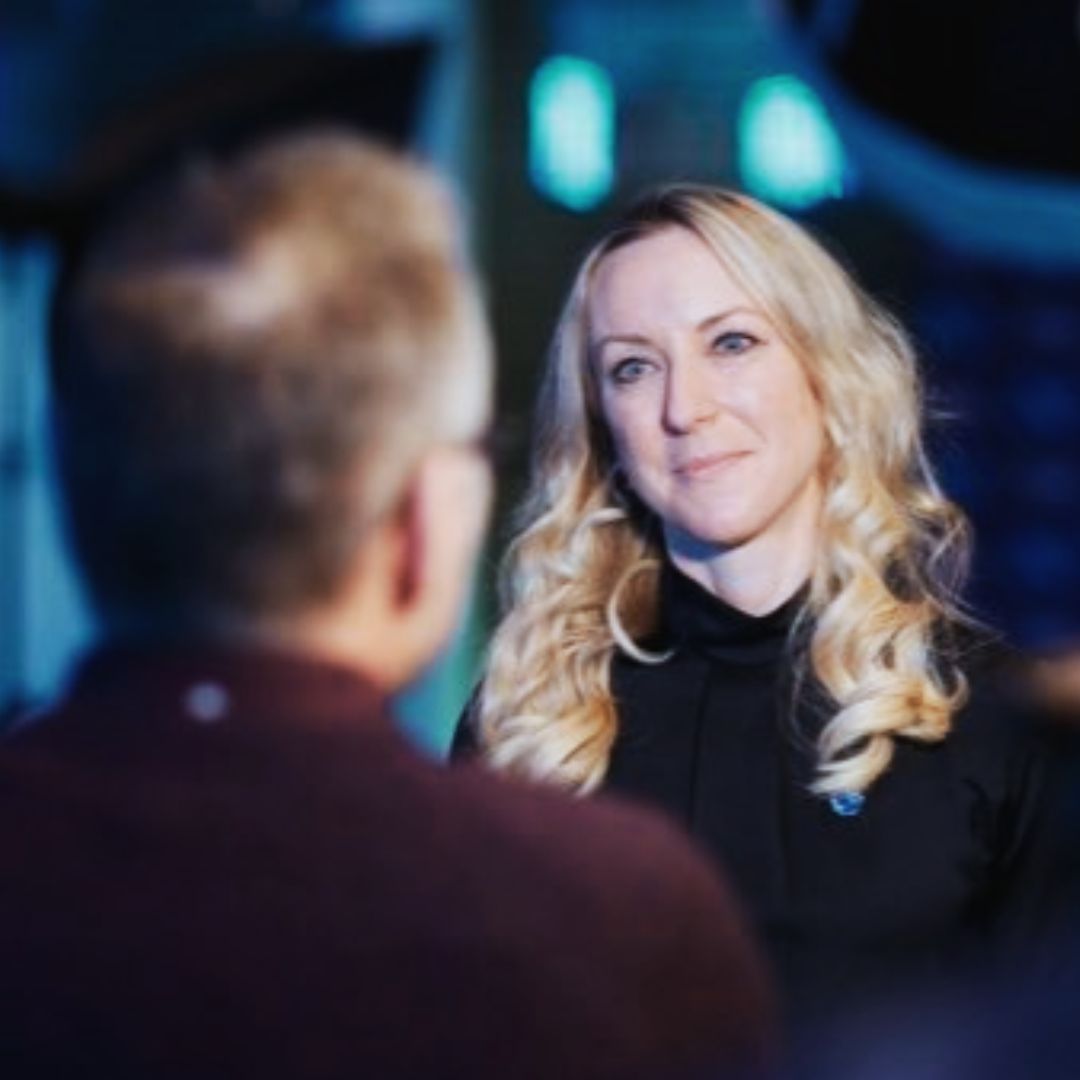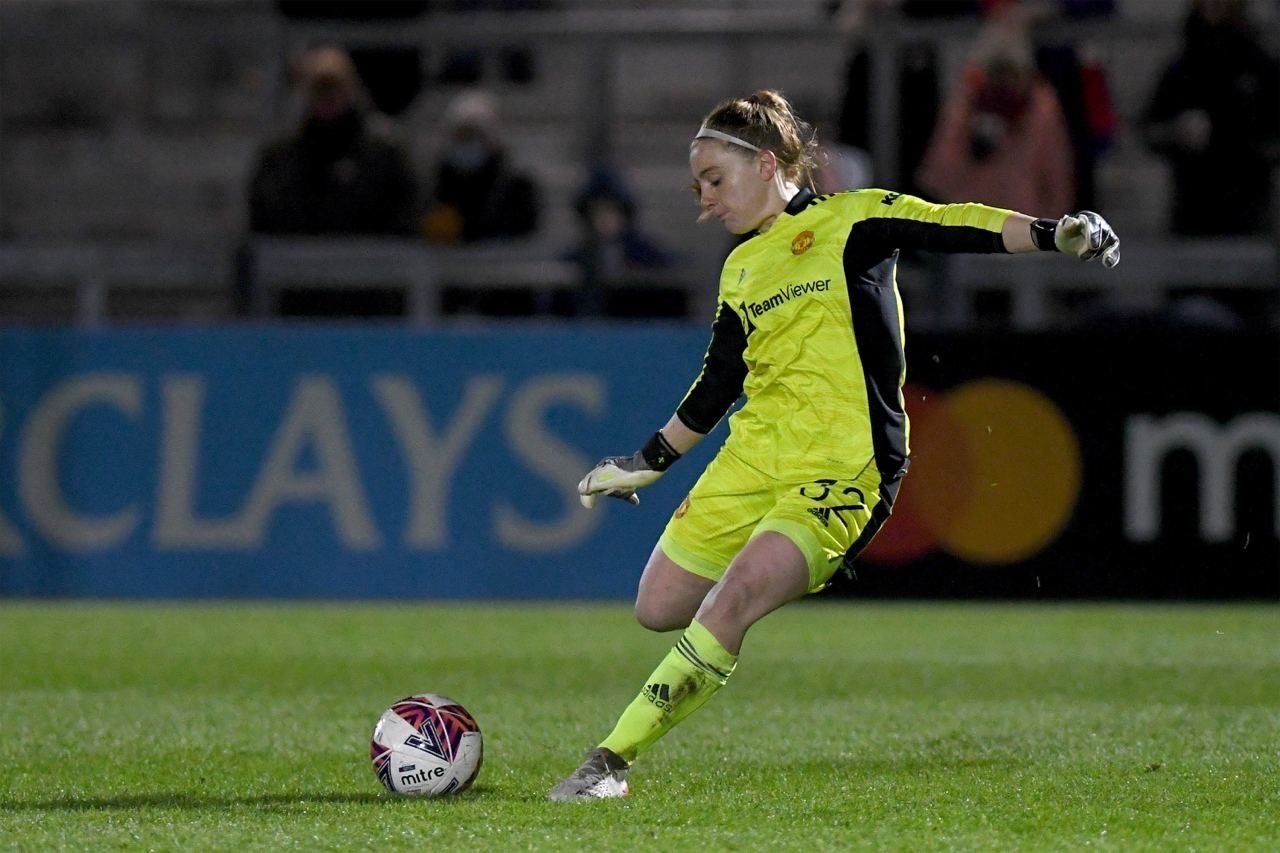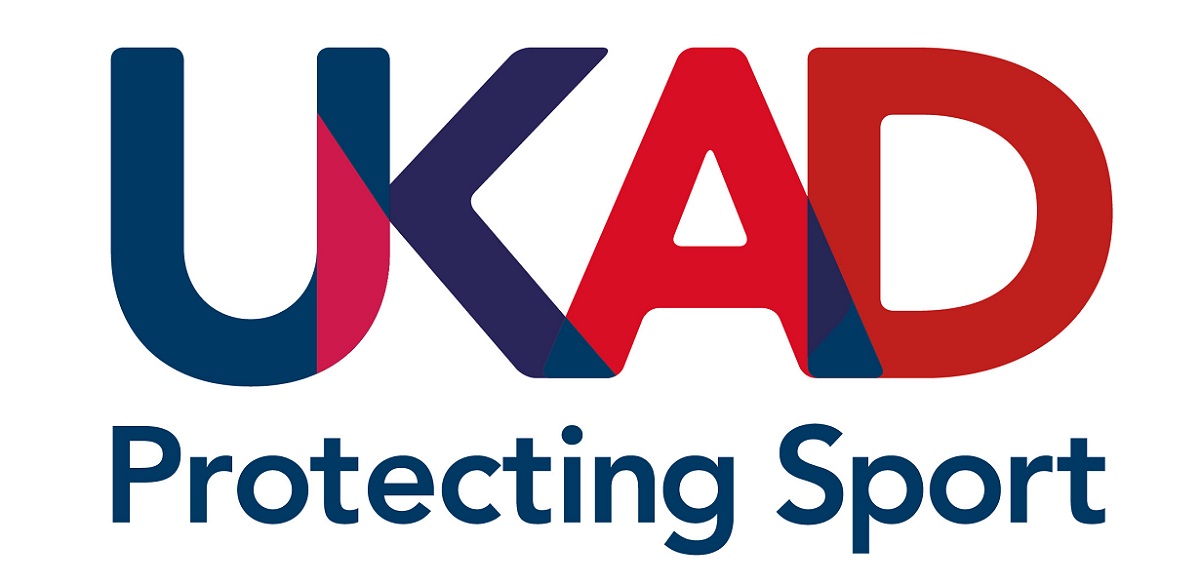In conversation with Dr Claire-Marie Roberts on International Women’s Day
For International Women’s Day we caught up with UKAD Board Member, Charted Psychologist, Sport & Exercise Scientist and Head of Elite Development at the Premier League, Dr Claire-Marie Roberts to hear why inclusion across all levels of an organisation is key to representing women, athletes and everybody in the sporting landscape.

This year’s United Nations’ International Women’s Day is focused on innovation and technology. As a Science, Technology, Engineering and Mathematics (STEM) ambassador, are you seeing more girls and women pursuing STEM options as education and career choices?
Yes, definitely over the last 5 or 10 years. As someone with both an engineering and a science background, both of these subjects were disproportionately represented by men when I was studying, and in my early career. I see far more opportunities for women in engineering and science now for example through some very strong role modelling and a distinct change in culture in both of these areas. There have been great examples of this during the COVID-19 Pandemic, where women played a leading role in areas such as vaccine development and research.
Why is it important to value and support difference?
The evidence is unequivocal - the best high-functioning and high-performing teams have the most diverse make-up, and a fair anti-discriminatory culture that reflects the people they are working with. A diverse group of individuals support organisations to produce better results, processes and more efficiency and cover angles that one individual in perspective would never have thought of. Organisations that value and support difference are more enjoyable and productive workplaces. It’s a no-brainer!
What’s anti-doping’s role in fairness and inclusion? How can clean sport be fair for all?
I think, looking at UKAD, our first responsibility is to role model what a fair and inclusive organisation looks like. On the Board, which sets the strategy for the organisation, I think we have got a higher level of responsibility. If you look at the current make-up of the Board, we are diverse, equitable and inclusive which sets the tone for the rest of the organisation. We often have some detailed debates on complicated matters. The diversity on the Board ensures that different views are presented and considered appropriately.
If you look at the athletic population that we serve - athletes are probably one of the most diverse subsections of the population. As an organisation, we have an absolute responsibility to make sure we serve the best needs of this group and maintain a level playing field. In my view, you can only do that when the organisation reflects the athlete population, understands the unique challenges of this population and gives them a voice at every level of the organisation. And those athletes need to have confidence in us that we understand their challenges.
"It’s really important that the culture of organisations are fair, open and actively anti-discriminatory. Cultures like that value and embrace difference and celebrate diversity and all of the benefits it can bring."
Do you see hope and a change in the younger generations’ attitude to equity?
Definitely. The environment that I grew up in was heavily characterised by ableism, racism, sexism and all other forms of discrimination. I think now we are in an era where societal standards dictate that those attitudes are far from acceptable. Although there are always exceptions, I mostly see younger generations in the workplace with more progressive and accepting attitudes to individuals, and a lack of judgements based on arbitrary characterisations of people.
What are the challenges you have faced working in sport?
The elite end of sport is a very competitive space. As a result, many people face challenges associated with judgements people make – especially in recruitment and selection for roles. I'm sure therefore, that like most people in this industry I have been subjected to challenges or barriers to opportunities associated with an individual’s judgement of me.
However, if anyone has attempted to stereotype me and judge me differently or negatively for being a woman in this industry, I see this as their problem to address rather than one I’m expected to solve. Every individual will face barriers in different ways, and what we need to do, is each of us challenge our own thought processes and stereotypes and be more open-minded about what the person in front of us can contribute.
How can organisations and individuals create a positive culture for inclusion?
For me, it’s really important that the culture of organisations are fair, open and are actively anti-discriminatory. Cultures like that value and embrace difference and celebrate diversity and all of the benefits it can bring. A fair, anti-discriminatory culture is likely to bring returns for all – not just women. Strong leadership with strong role models is critical to creating and sustaining positive organisational culture.


